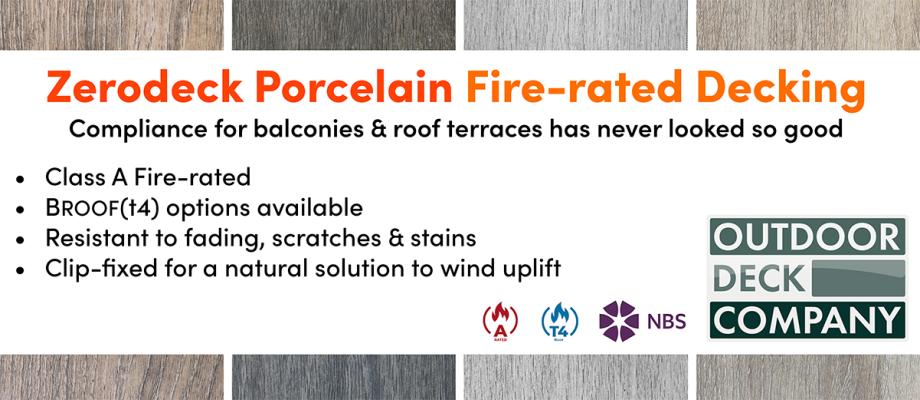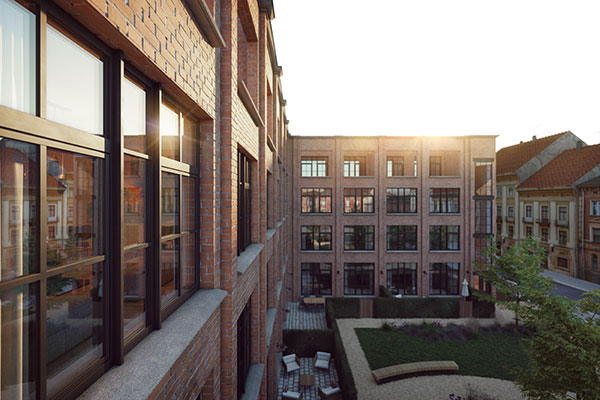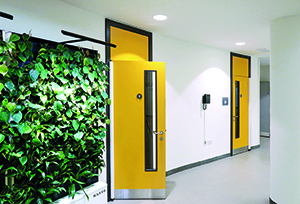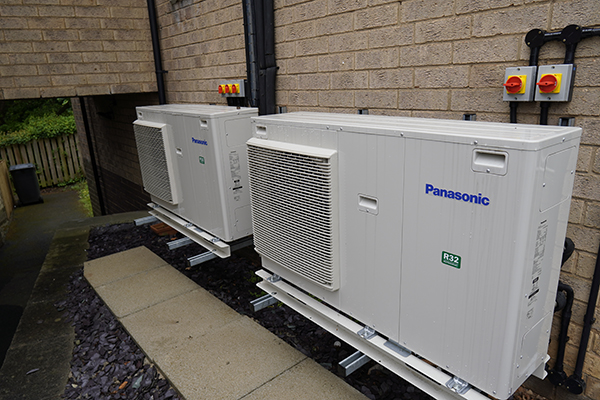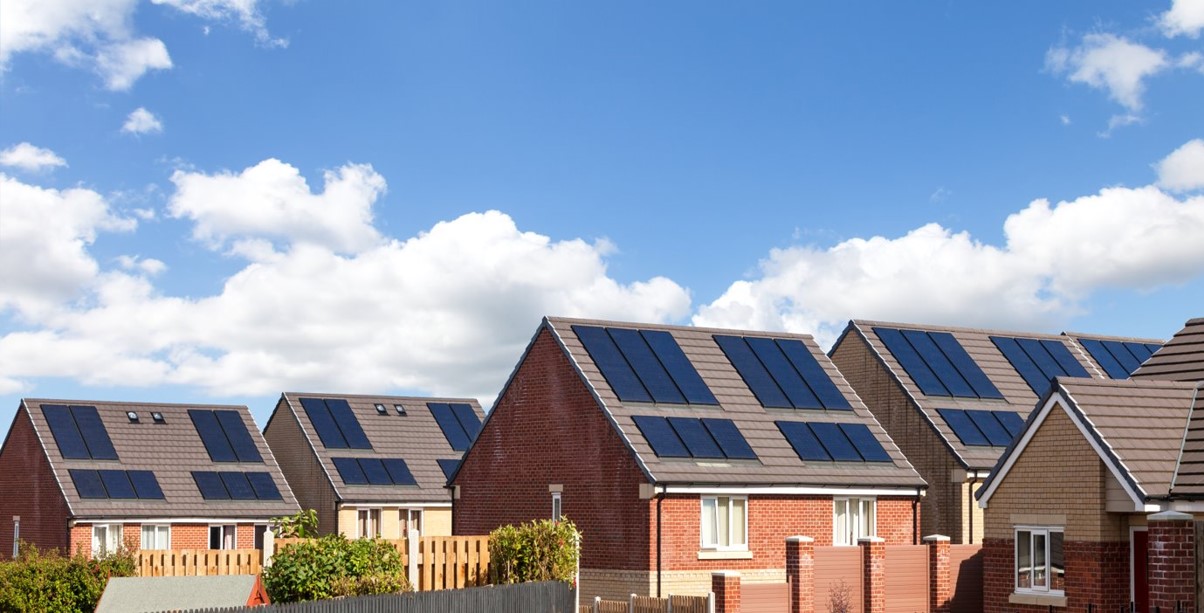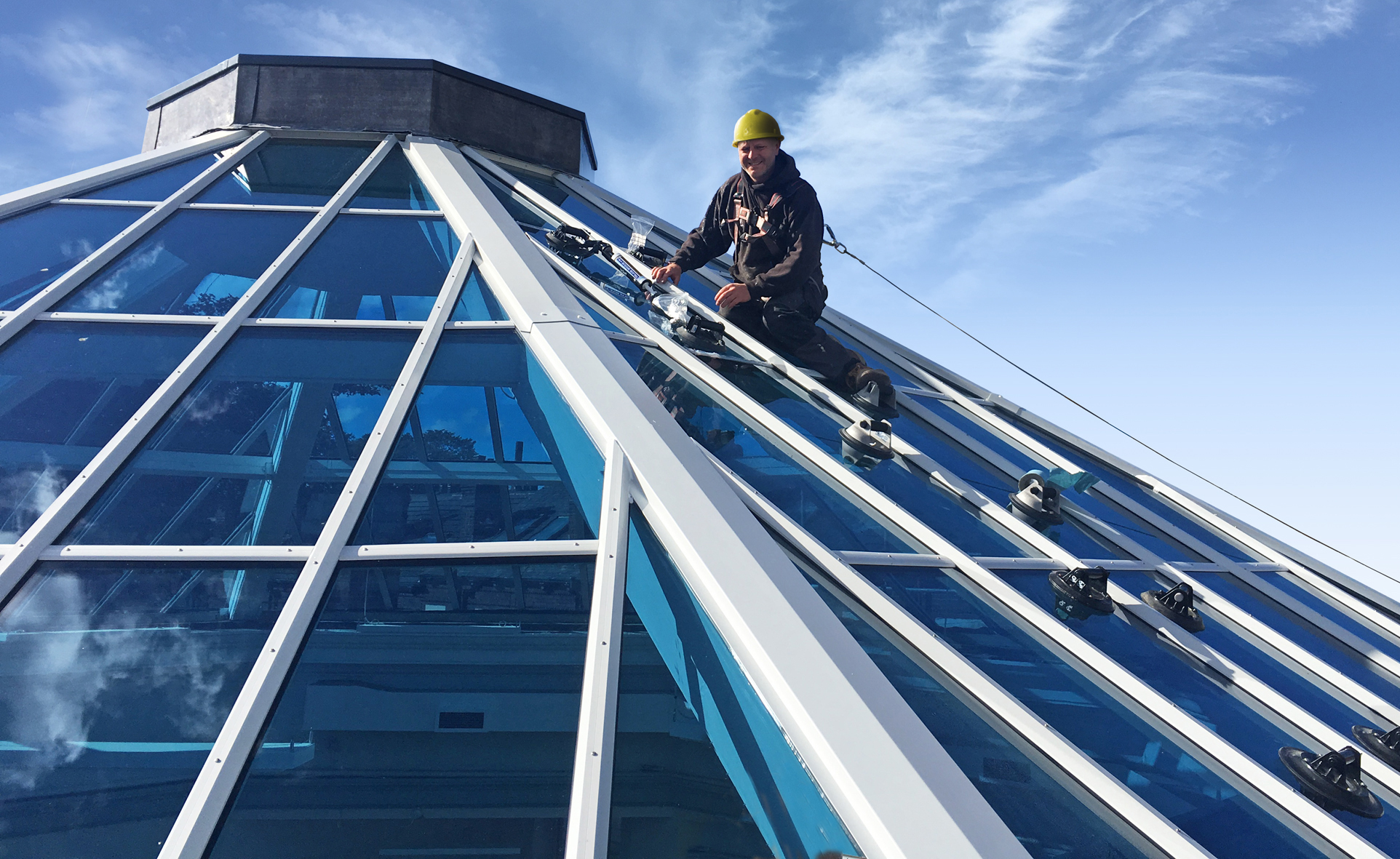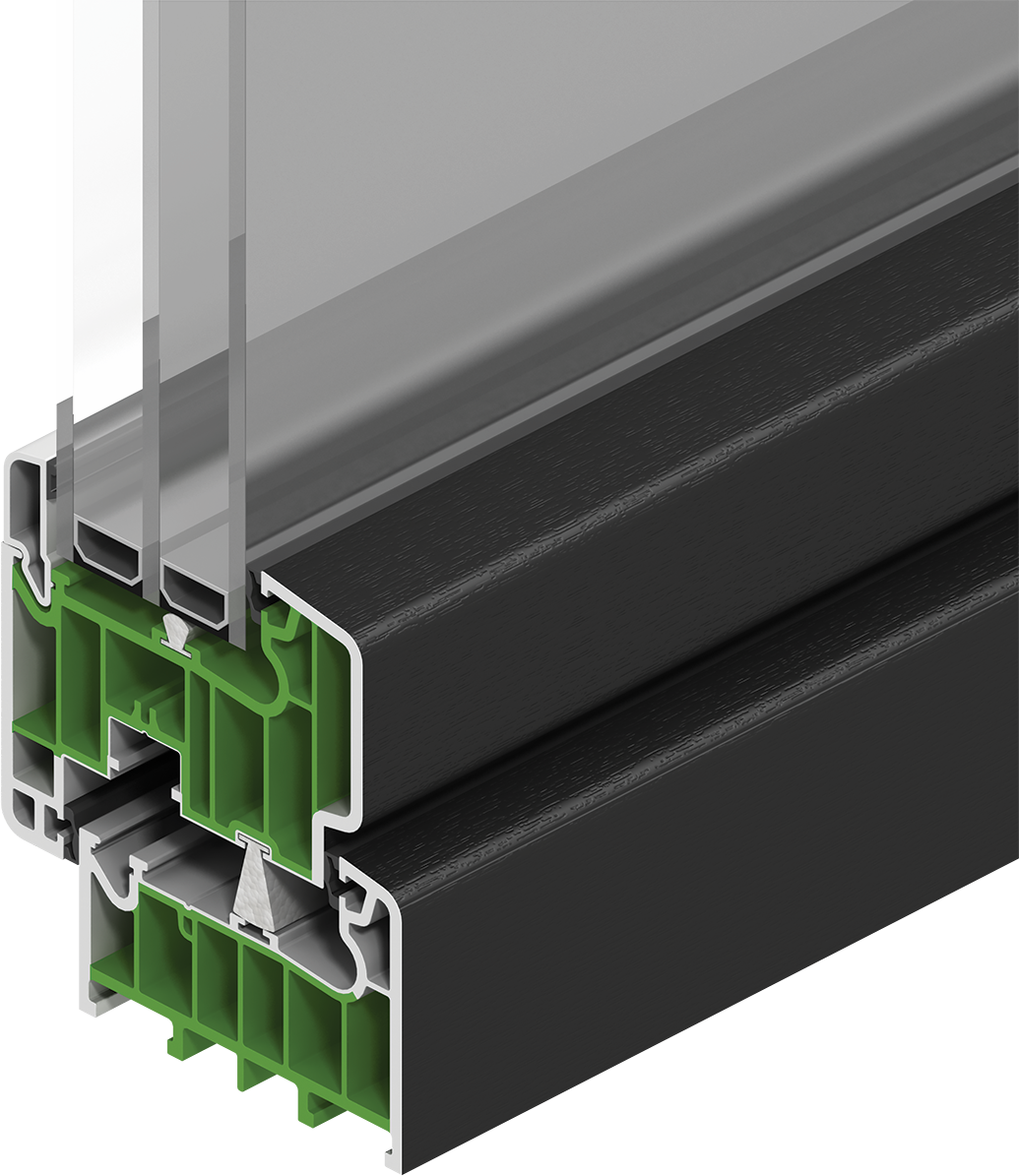Sustainable showering made simple
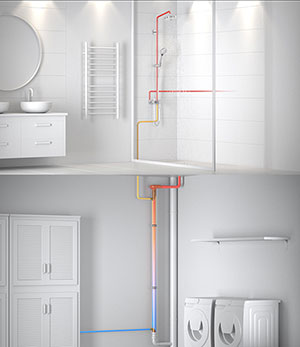
As housing providers across the UK rise to the challenge of meeting energy efficiency targets, achieving net-zero goals and reducing tenant energy bills, one solution stands out for its simplicity, impact, and long-term value: Waste Water Heat Recovery Systems (WWHRS).
Showersave, the market leader provide a diverse product range of WWHRS that integrate effortlessly into any bathroom or shower room—with no disruption to existing layouts. Whether it’s new-build social housing, apartments, or large-scale refurbishments, Showersave provides a proven route to lower carbon emissions, improved EPC ratings and significantly reduced energy costs for tenants. In addition Showersave has undertaken energy monitoring trials to demonstrate the increased performance of heat pumps when used alongside waste water heat recovery. Not only is the heat pump system efficiency improved but bills are lowered by up to £179 per household as a result of having a Showersave fitted.
- Read more about Sustainable showering made simple
- Log in to post comments











